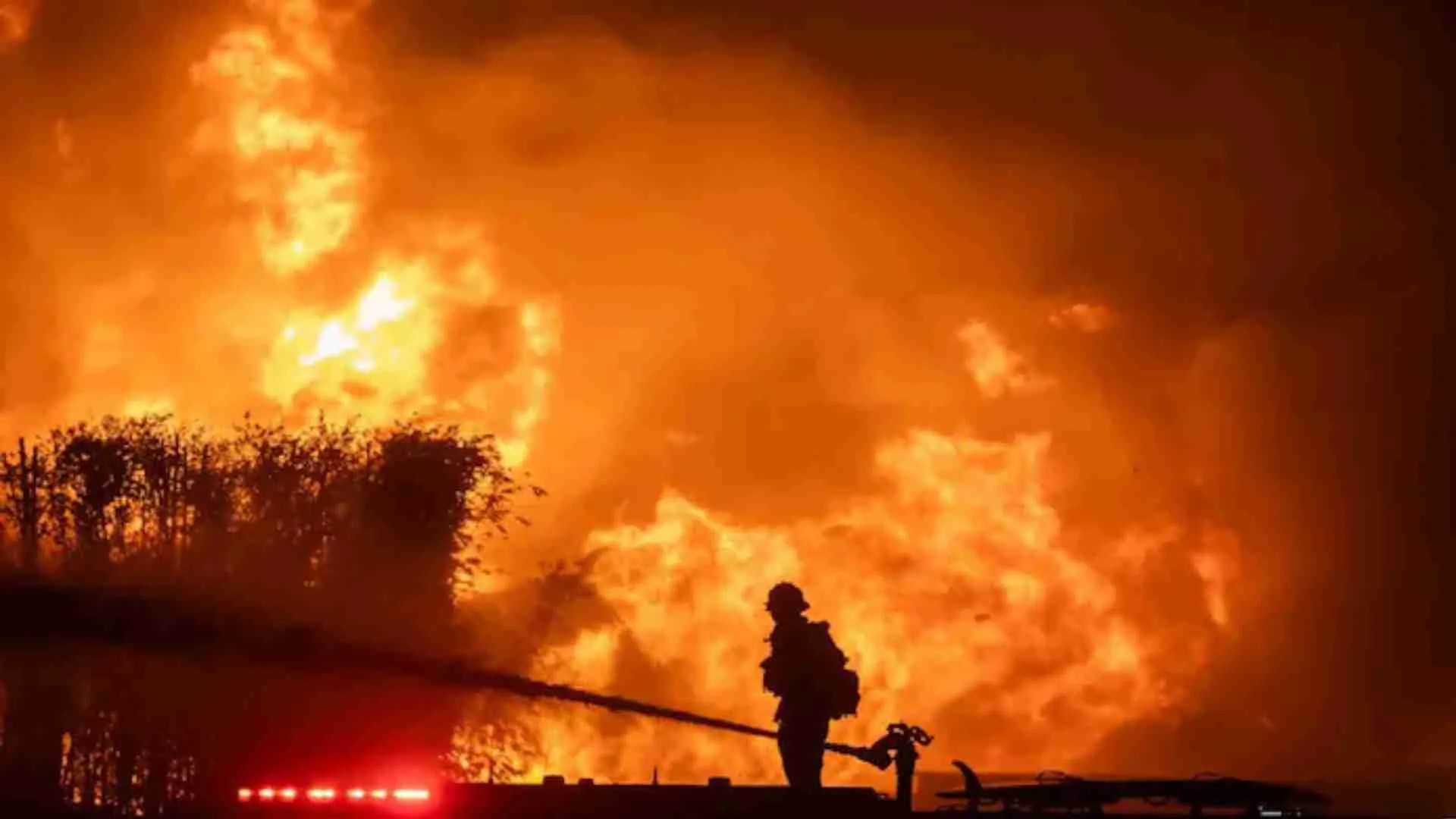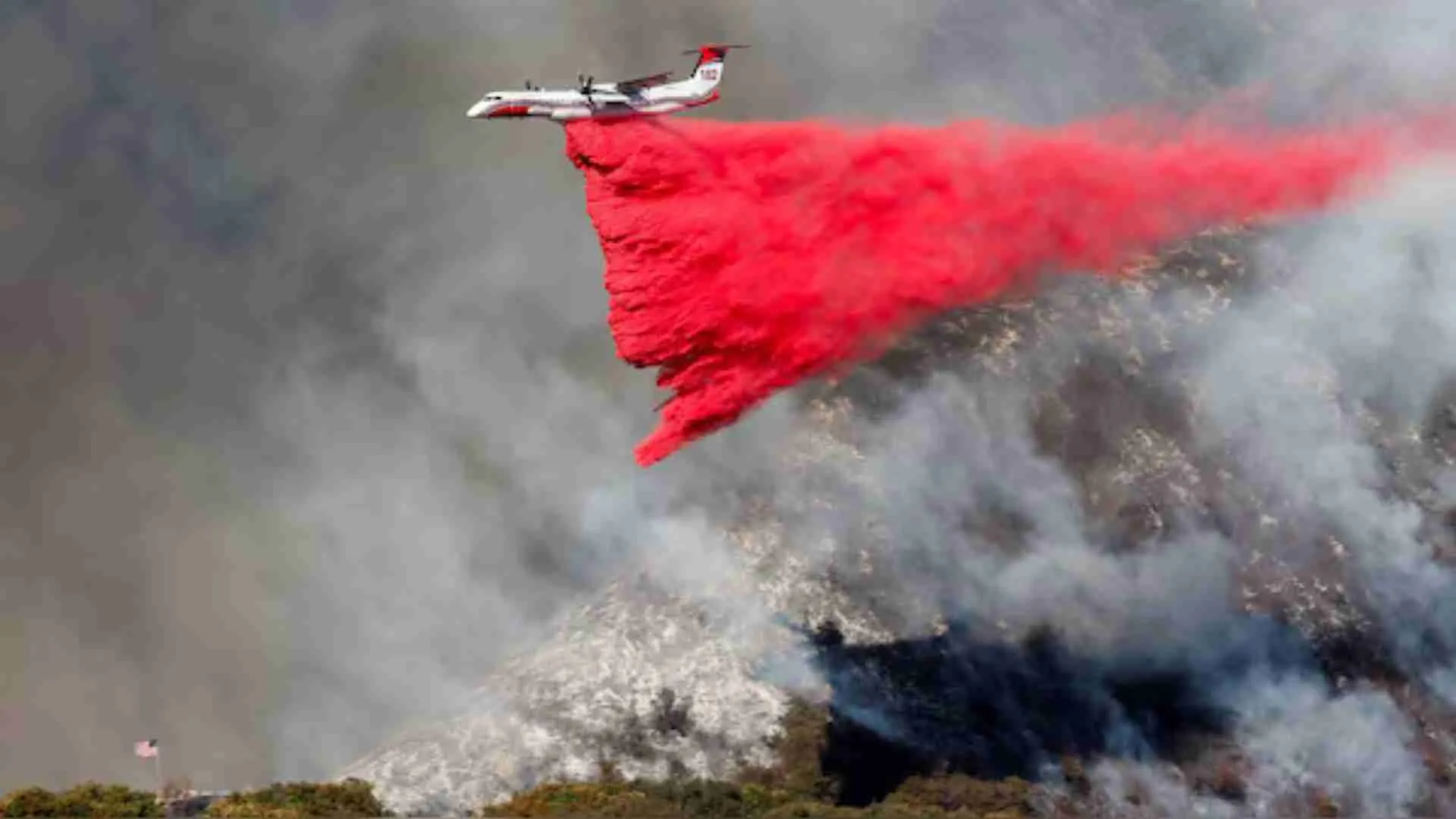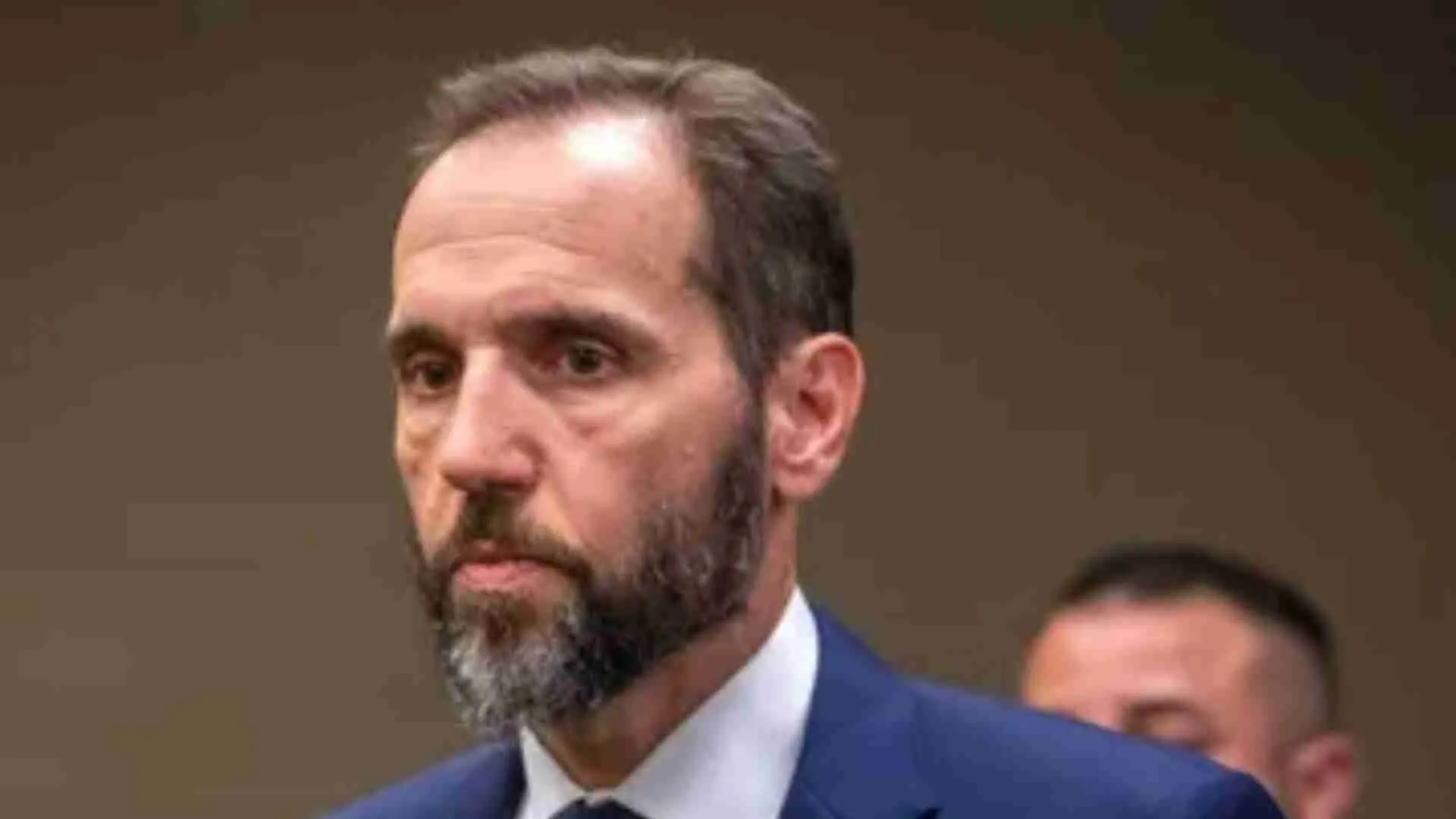The Group of 20 is a global platform for economic cooperation among governments. It was born out of the need to overcome a series of economic crises. The purpose was to stabilize the world against economic problems, which required cooperation between the economically powerful G-7 countries and the middle income countries or emerging economies. Over the years, the scope of G20 has expanded from macroeconomic issues to matters of trade, sustainable development, health, agriculture, energy, environment, climate change, anti-corruption, anti-terror financing, etc. It is one of the most important multilateral platforms in the world where major problems are sought to be resolved, with a special focus on the Global South. There is much to do here, especially at a time when the world has taken the dual body blow of the Covid pandemic and the Ukraine war. Sustainable development, health, agriculture, climate change are major issues that need to be discussed within the ambit of G20. India has a lot to offer to the Global South in terms of vaccination, digital empowerment, etc. Many of these issues are being and will be discussed in the 200-plus meetings that are being held all across the country. But the problem is with the major ministerials, with the Ukraine war overshadowing all other issues as egos come to the fore and the tempers fly. We got a glimpse of this in the G20 finance ministers’ meeting in Bengaluru last week, where no draft declaration could be issued because of resistance from China and Russia. The two countries did not agree to the inclusion of the two paragraphs that they had agreed to in the G20 meet in Bali, thus not letting any statement to be issued. It is hoped that we do not witness something similar in the ongoing foreign ministers’ meeting in New Delhi on 1 March and 2 March. The six issues that are to be discussed are “strengthening multilateralism and need for reforms”, “food and energy security”, “development cooperation”, “counter-terrorism: new and emerging threats”, “global skill mapping and talent pool” and “humanitarian assistance and disaster relief”. From Antony Blinken and James Cleverly to Qin Gang and Sergey Lavrov, all are in the Indian capital for this largest gathering of G20 foreign ministers. On the face of it, everything looks fine, but as Indian Foreign Secretary Vinay Mohan Kwatra has warned, there is a possibility that the Ukraine war will overshadow all the discussions. The buzz is that Sergey Lavrov has landed in India in a combative mood. So Indian diplomats have their work cut out to ensure that the Russian foreign minister does not storm out of the meeting the way he did last year, in Indonesia. Russia needs to realise that its illegal invasion of Ukraine is likely to be a talking point in every multilateral forum for obvious reasons, given that except for a handful of countries the world has been categorical in its condemnation of the Russian invasion. Even India has made it clear that the Ukraine war is a violation of the UN charter and that this is not the age of war. Russia’s insistence that the sanctions imposed on it must be discussed in G20, is unlikely to find many takers in the international community, purely because it is the aggressor in this case.
The West too needs to realise that in its zeal to ensure that Russia loses the war and Vladimir Putin his chair, it has started to look at almost all global issues through the prism of Ukraine. Every multilateral forum cannot be used to condemn Russia. There is a permanent platform for that—the United Nations. The Ukraine issue nearly hijacked even the Quad leaders’ meeting last year. At this rate the West is losing focus of important issues such as “strengthening multilateralism and need for reforms”, to give one example. The reference is obviously to the need to expand the UNSC. The question is when. Will this G20 meeting be able to draw out a roadmap for that? After all, the P5 members cannot keep India, the world’s largest democracy and a major economy out of the UNSC for ever. Then think of international sanctions. If these are thought to be so effective, what about discussing imposing sanctions on terror sponsoring states?
The bottom line is, India will have to work extra hard and with extreme finesse to ensure that the latest meeting does not descend into an acrimonious show of bruised egos and muscle flexing. Such an important meeting should not be allowed to be a washout. A joint statement at the end of the meeting is a must. Delhi March 2023 should pave the way to Delhi September 2023, when the G20 leader’s summit takes place. A civilised meeting in March will help bring the G20 back on track in September.
















